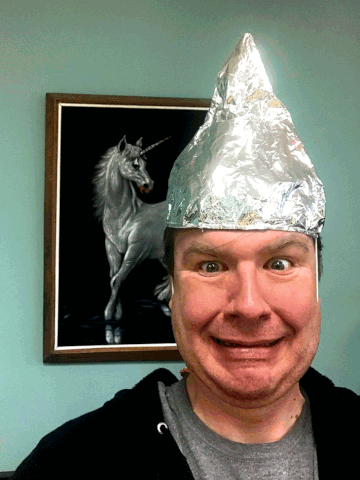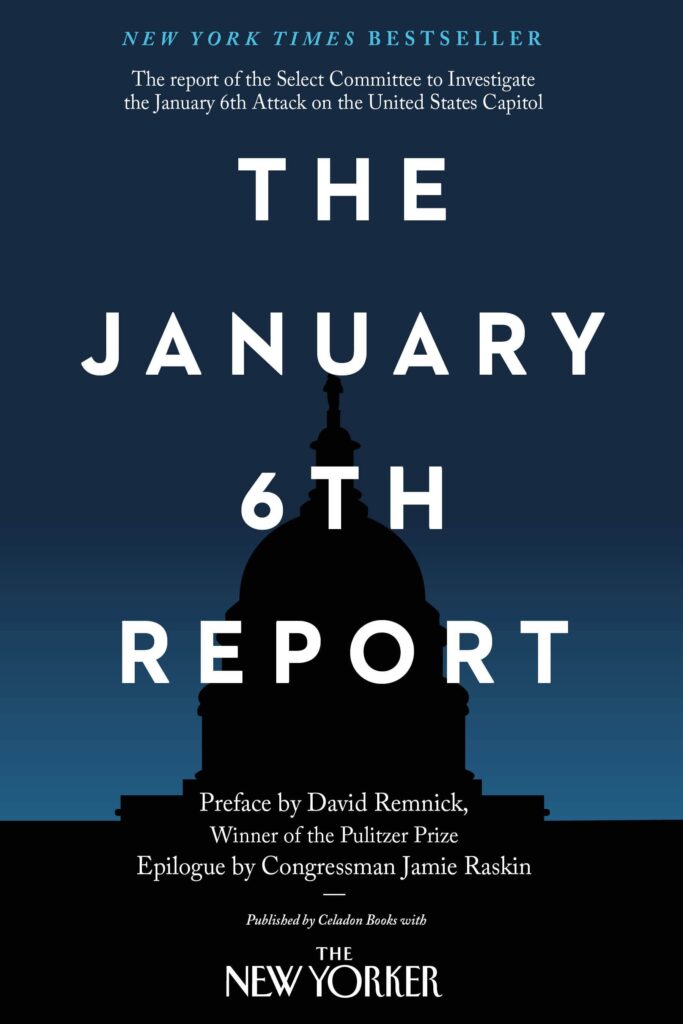Even if it hurts someone, most of the time. Hurting feelings, upsetting people, offending people, etc., are all free speech. What isn't free speech are things like fraud where the crime isn't the speech/lie, but the obtaining of money or other thing of value, and similarly, defamation, there has to not only be a false statement but one that causes injury to a person's reputation, etc. - provable injury - not just a false statement that upsets someone.
Sure, but saying the 2016 election was stolen, while a lie, ought not have legal consequences, right?
So? BLM riots were the consequences of big lies about how often black people are subjected to police violence. So?
Both democrats and republicans, almost to a candidate, urge their supporters to fight like hell to save the country they love. That's not illegal.
There is nothing illegal about disputing the results of an election, even if the evidence isn't in, yet, or even if one is in the minority view of what happened. That's why it's just fine for Democrats to claim the 2016 election was stolen. They even spread falsehoods about Russian collusion - which are completely evidence-free - and there aren't and ought not be legal consequences for doing so.
Sure, but incitement means that a person literally calls for violence. Incitement is not "saying inflammatory things and having people go do something stupid as a result." If your preferred definition applies, then anyone supporting BLM and Antifa demonstrations is inciting the violence that occurs sometimes among those demonstrations.
Of course it's not easy to prove, nor should it be. You don't even have evidence of a "plot" much less a role Trump played in it. All you have is a bunch of people rallying their base, and then a demonstration getting out of hand as potential FBI informants egged them on to enter the capitol building.



